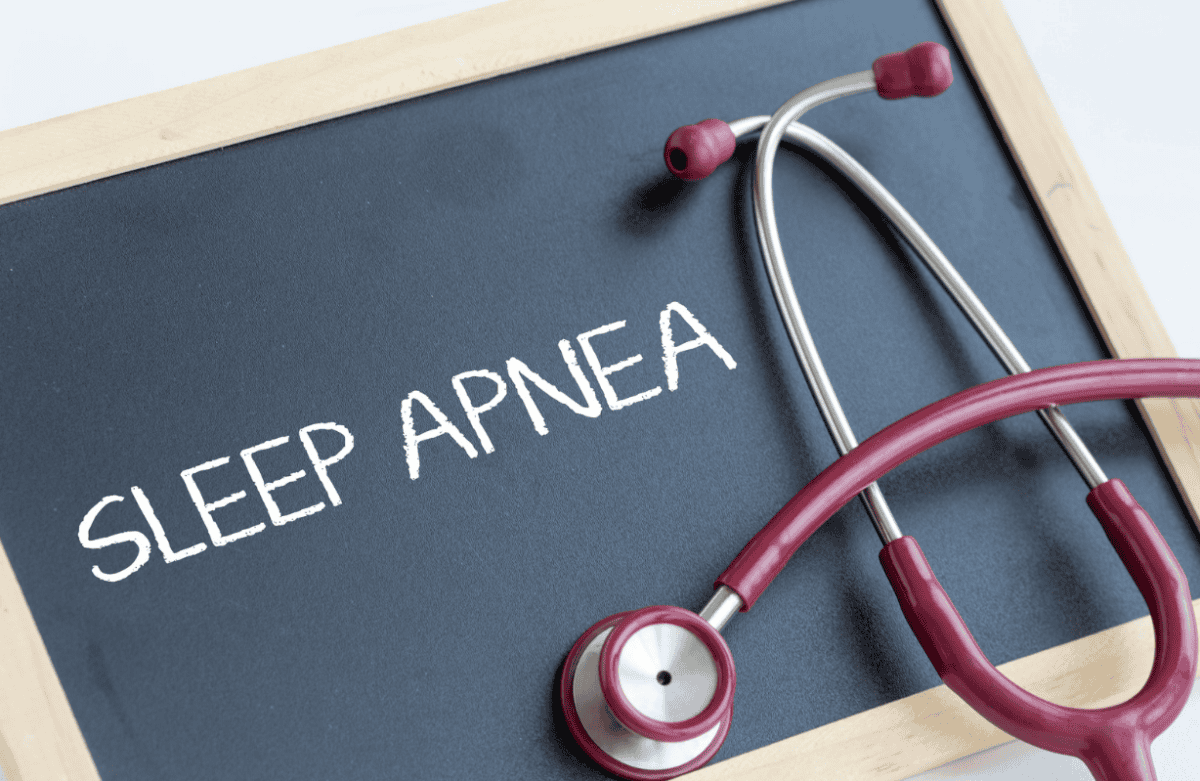Sleep apnea is a common yet often overlooked condition that can significantly impact an individual’s overall well-being. Characterized by repeated interruptions in breathing during sleep, this disorder both affects physical health and takes a toll on mental and emotional states.
The psychological effects of sleep apnea can manifest in various ways, from increased irritability and mood swings to more serious conditions such as anxiety and depression.
Let’s delve into the intricate relationship between sleep apnea and psychological health, shedding light on how sleep disturbances can reverberate through our emotional landscape.
Increased Irritability
Increased irritability is a prevalent psychological symptom among individuals suffering from sleep apnea. The frequent awakenings caused by breathing interruptions can cause fragmented sleep, heightened fatigue, and a lower tolerance for stress. This lack of proper rest affects emotional regulation, making individuals more prone to outbursts and frustration.
Over time, the cumulative effects of disrupted sleep can contribute to a negative self-image and deteriorating relationships, both personal and professional. The right obstructive sleep apnea treatment can help reduce irritability and improve overall mood. Once you address the psychological repercussions of this condition, you will pave the way for a healthier, more balanced life.

Mood Swings
The erratic sleep patterns caused by this disorder often lead to fluctuations in emotional states, and it might be challenging for individuals with sleep apnea to maintain a stable mood. These variations can range from feelings of elation to periods of deep sadness, often triggered by minor stressors or interactions.
The lack of restorative sleep impairs the brain’s ability to regulate emotions effectively, which can exacerbate conditions like anxiety and depression. It is not uncommon for individuals to find themselves on an emotional rollercoaster, struggling to navigate daily life. By recognizing the link between sleep apnea and mood instability, individuals can implement continuous positive airway pressure (CPAP) therapy or lifestyle changes in their routine.
Anxiety
Individuals with sleep apnea often experience heightened levels of anxiety due to the fear of experiencing breathing interruptions during sleep, which can create a vicious cycle of worry and disturbed rest. The chronic fatigue resulting from sleep deprivation can amplify feelings of restlessness, tension, and panic.
The persistent lack of sleep can impair cognitive function, making it even harder for individuals to cope with daily stressors and exacerbating feelings of helplessness. In this case, meditation, relaxation techniques, and therapy can be valuable tools in managing anxiety levels and promoting better sleep.
Depression
Sleep apnea can also contribute to the development of depression or worsen existing cases. The constant fatigue and emotional turmoil may be the primary cause of withdrawal from social activities, affecting their relationships and self-esteem. Not to mention, the brain’s lack of rest during sleep hinders its ability to produce serotonin – a neurotransmitter responsible for regulating mood.
Untreated sleep apnea can take a toll on an individual’s mental health, which is why it’s essential to seek proper support. When you have a reliable support system by your side, you can manage the symptoms of both depression and sleep apnea more effectively and maintain a positive outlook.
Cognitive Impairment
Even worse, sleep disruption might impair your cognitive abilities. This means that sleep apnea can impact your ability to think clearly and concentrate. Individuals may find themselves struggling with concentration and experiencing ‘brain fog,’ which can affect work performance and personal interactions. The inability to focus can lead to mistakes, poor judgment, and an overall decline in productivity.
Research has shown that chronic sleep deprivation can adversely affect the brain’s structure and function, resulting in long-term cognitive decline. Imagine the toll this might take on a person’s mental health — not being able to perform daily tasks or remember details, all of which can lead to feelings of frustration and low self-worth.
Reduced Stress Tolerance
As mentioned, sleep apnea can significantly lower a person’s stress tolerance. By compromising the brain’s ability to rest and recharge during sleep, individuals may find it challenging to cope with daily challenges and responsibilities.
In addition, the persistent fatigue experienced by individuals with sleep apnea makes them more susceptible to stressors. The inability to achieve a restful sleep can increase the levels of cortisol, also known as the ‘stress hormone.’ This hormonal imbalance exacerbates existing anxiety and depression symptoms so that individuals become more likely to experience overwhelming stress.
Social Withdrawal
Maybe not immediately evident, individuals with sleep apnea may find themselves withdrawing from social activities and interactions. This phenomenon starts with the physical exhaustion caused by breathing disruptions during sleep, as well as the psychological strain this disorder entails.
As fatigue becomes more persistent, individuals may feel less inclined to participate in social events or engage in hobbies and activities they once enjoyed. Social withdrawal can further turn into feelings of loneliness, isolation, and even a sense of shame for not being able to keep up with others. Some individuals may also avoid seeking help or support from loved ones due to a fear of being judged or misunderstood.

Memory Issues
Along with cognitive impairment, individuals with sleep apnea may experience memory issues, impacting their daily lives. A lack of quality sleep disrupts the brain’s ability to consolidate memories, leading to difficulty remembering events or recalling important information.
The hippocampus – a part of the brain responsible for learning and memory – can also shrink in size when regularly deprived of restorative sleep. For your brain to function at its best, it needs sufficient time and proper conditions to rest and repair. But with sleep apnea, this natural process is interrupted, creating a host of memory issues that can affect daily functioning and overall well-being. No wonder individuals with sleep apnea may feel overwhelmed and stressed constantly.
The psychological effects of sleep apnea are varied and far-reaching, significantly impacting an individual’s quality of life. Recognize the link between this disorder and mental health, seeking treatment, and support to mitigate its adverse effects.
By addressing the underlying causes of sleep apnea and managing its symptoms, individuals can improve their emotional stability, cognitive function, stress tolerance, and overall well-being. So if you or a loved one struggles with sleep apnea, don’t hesitate to seek proper care – your mental health deserves it!


